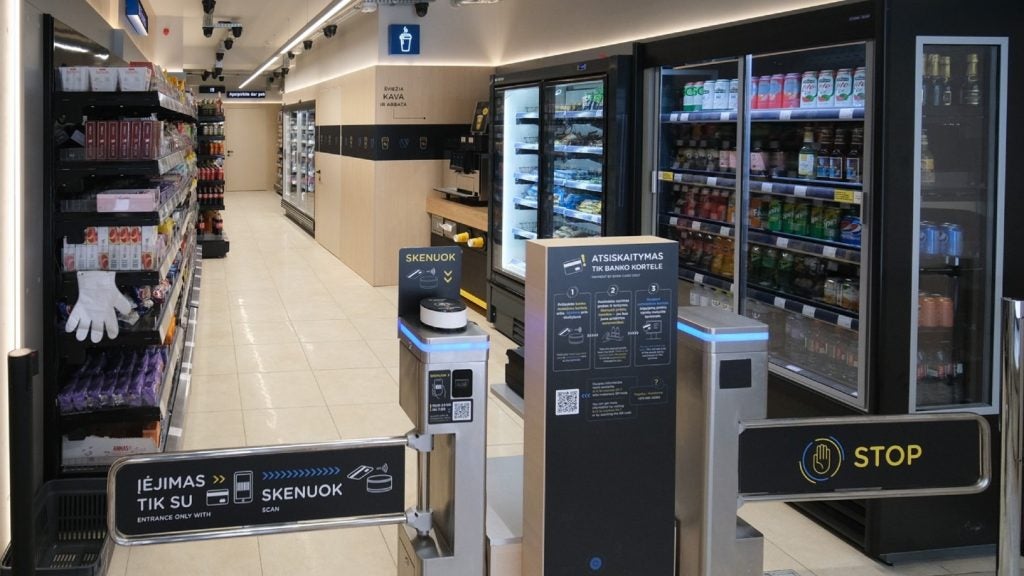
Last June the people of the UK voted to leave the European Union — now known as Brexit — following controversial campaigns on both sides.
The word Brexit is a merger of the words Britain and exit, similar to the potential exit of Greece from the euro being dubbed Grexit.
The referendum on whether the UK should remain in the trading bloc was called by then-prime minister David Cameron in an attempt to placate both the Eurosceptic division of his Conservative party and the rise of the United Kingdom Independence Party (Ukip).
Ukip, lead by Nigel Farage, had been pushing for the UK to quit the EU for years and Nigel Farage has been widely named as prime instigator and architect of Brexit.
In the run up to the UK’s 2015 general election, Cameron promised the UK would hold a referendum on EU membership before the end of 2017.
Cameron strongly advocated remaining in the EU and after the vote immediately resigned as prime minister.
How well do you really know your competitors?
Access the most comprehensive Company Profiles on the market, powered by GlobalData. Save hours of research. Gain competitive edge.

Thank you!
Your download email will arrive shortly
Not ready to buy yet? Download a free sample
We are confident about the unique quality of our Company Profiles. However, we want you to make the most beneficial decision for your business, so we offer a free sample that you can download by submitting the below form
By GlobalDataThe referendum vote
On Thursday 23 June a referendum – a vote in which everyone of voting age can take part – was held and the so-called Leave side won with 51.9 percent of the vote, to the Remain sides 48.1 percent.
The referendum turnout was 71.8 percent, with more than 30m people voting.
The outcome prompted jubilant celebrations among Eurosceptics and sent shockwaves through the global economy.
After the declaration of the result, the pound fell to its lowest level since 1985.
Throughout the campaign both sides were accused of use false or misleading information to try and sway voters.
The Leave campaign suggested the UK NHS could get the £350m that the UK sends to the EU each week. This has now been largely discredited and senior Tory politicians have backed away from the claim.
Meanwhile, the Remain camp ran what has been called a campaign of fear, suggesting the UK would be plunged in to recession and chaos if it chose to leave the EU — neither of which have transpired.
The arguments for and against Brexit
The primary reason people voted to leave the EU was to end the bloc’s so-called freedom of movement within the region.
Ukip, supported my much of the right wing UK press, campaigned for regaining border control and reclaiming business rights.
Supporters of Brexit also cited the high EU membership fees as a negative aspect of participation in the EU. It was argued that if the UK separates itself from the EU, these fees can be used to benefit the UK.
On the other side of the debate, mainstream Conservatives, the majority of Labour supporters and the Liberal Democrats were strongly in favour of remaining with the EU.
The argument against Brexit was mostly economic, with the campaign focusing on the risk of leaving rather than the benefits of staying.
The UK receives business benefits from the EU’s Single Market which would be lost if it quit the EU.
Immigration was often praised by Remain campaigners, who claimed it workers boost the economy and help to staff public and private services.
When will the UK actually leave the EU?
For any country to leave the EU it must trigger what’s known as Article 50.
Theresa May began this process on 29 March, meaning the UK is scheduled to leave on Friday, 29 March 2019.
However this can be extended if all 28 EU members agree.
Article 50 was created as part of the Treaty of Lisbon — an agreement signed up to by all EU states which became law in 2009.
Before then there was no formal mechanism for a country to leave the EU.






